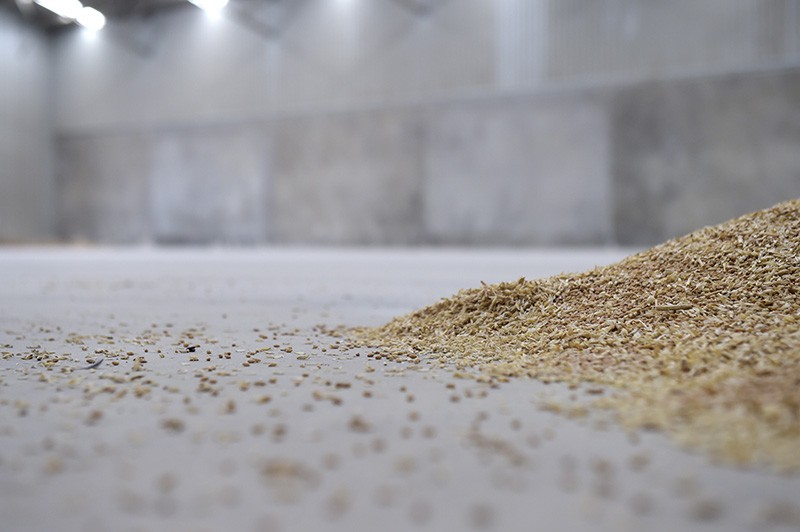by ALEXANDRA WITZE

Even a small conflict in which two nations unleash nuclear weapons on each other could lead to worldwide famine, new research suggests. Soot from burning cities would encircle the planet and cool it by reflecting sunlight back into space. This in turn would cause global crop failures that — in a worst-case scenario — could put 5 billion people on the brink of death.
“A large percent of the people will be starving,” says Lili Xia, a climate scientist at Rutgers University in New Brunswick, New Jersey, who led the work. “It’s really bad.”
The research, published on 15 August in Nature Food1, is the latest in a decades-long thought experiment about the global consequences of nuclear war. It seems especially relevant today as Russia’s war against Ukraine has disrupted global food supplies, underscoring the far-reaching impacts of a regional conflict.
Scenarios big and small
Nuclear war comes with a range of lethal impacts, from killing people directly in atomic blasts to the lingering effects of radiation and other environmental pollution. Xia and her colleagues wanted to look at the consequences farther afield from the scene of war, to explore how people all around the planet could also suffer.
They modelled how climate would change in various parts of the world following a nuclear war, and how crops and fisheries would respond to those changes. The scientists analysed six war scenarios, each of which would put different amounts of soot into the atmosphere, and drop surface temperatures from anywhere between 1 and 16 °C. The effects could linger for a decade or more.
A nuclear war between India and Pakistan, perhaps triggered over the disputed Kashmir region, could loft between 5 million and 47 million tonnes of soot into the atmosphere, depending on how many warheads were deployed and cities destroyed. A full-out nuclear war between the United States and Russia could produce 150 million tonnes of soot. The globe-encircling pall would persist for years until the skies eventually cleared.
Using data from the United Nations’ Food and Agriculture Organization, Xia’s team calculated how declining crop yields and fishery catches after a nuclear war would affect the number of calories available for people to eat. The scientists studied several options, such as whether people continued to raise livestock or whether they routed some or all crops meant for livestock to humans instead. The study assumed there would be some repurposing of biofuel crops for human consumption, and people would cut back on or eliminate food waste. It also assumed that international trade would stop as countries chose to feed people within their own borders rather than exporting food.
Nature for more
